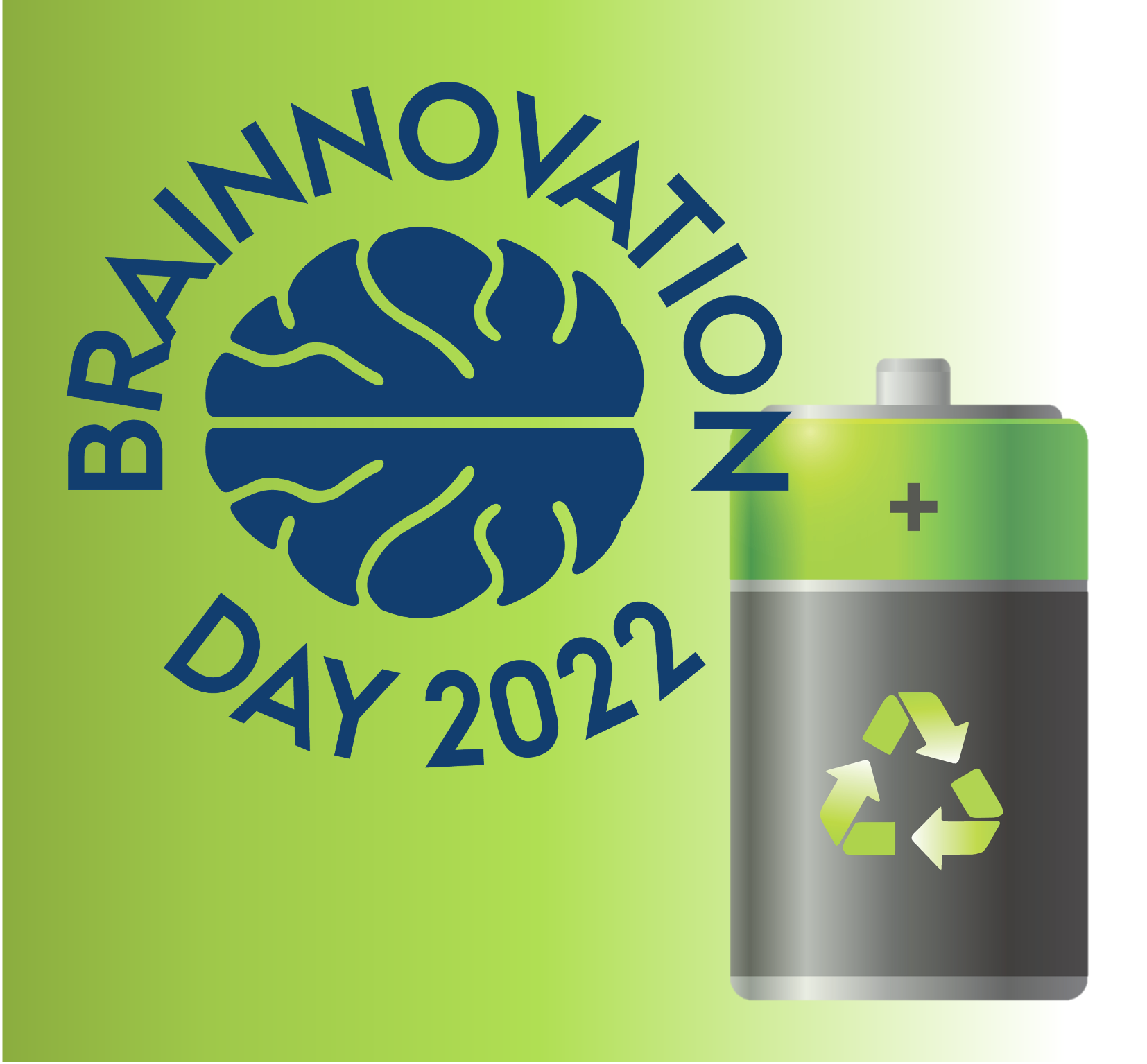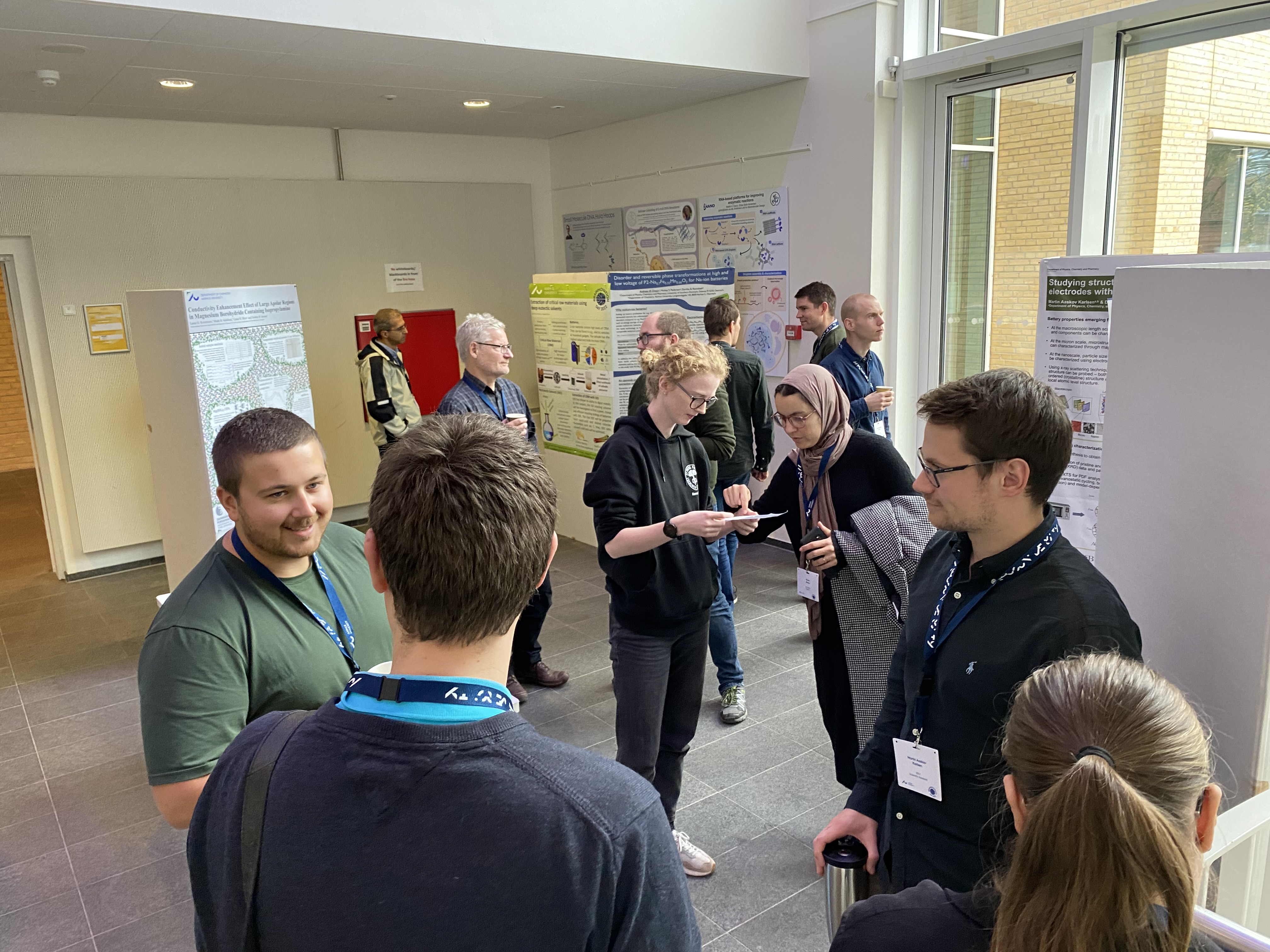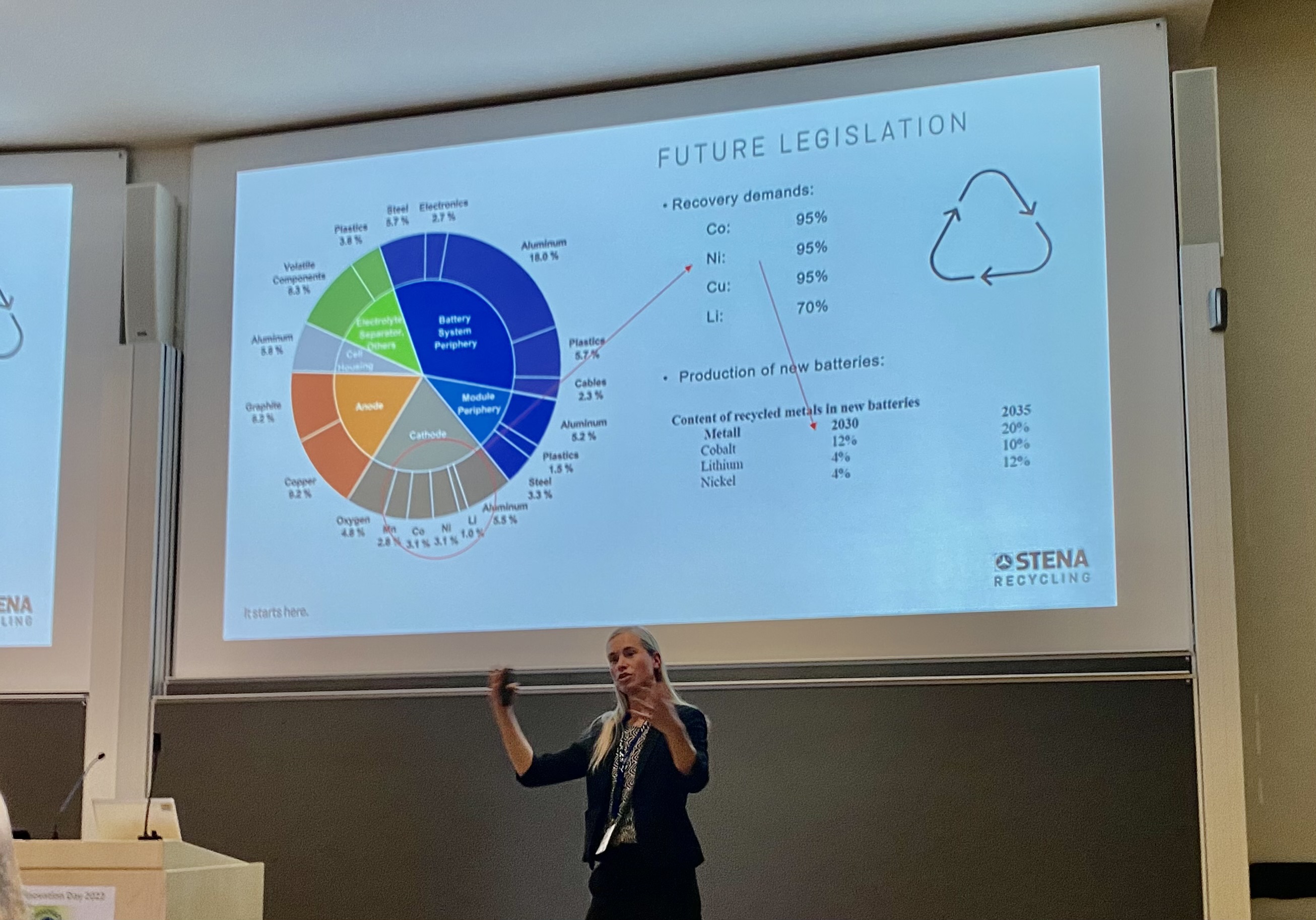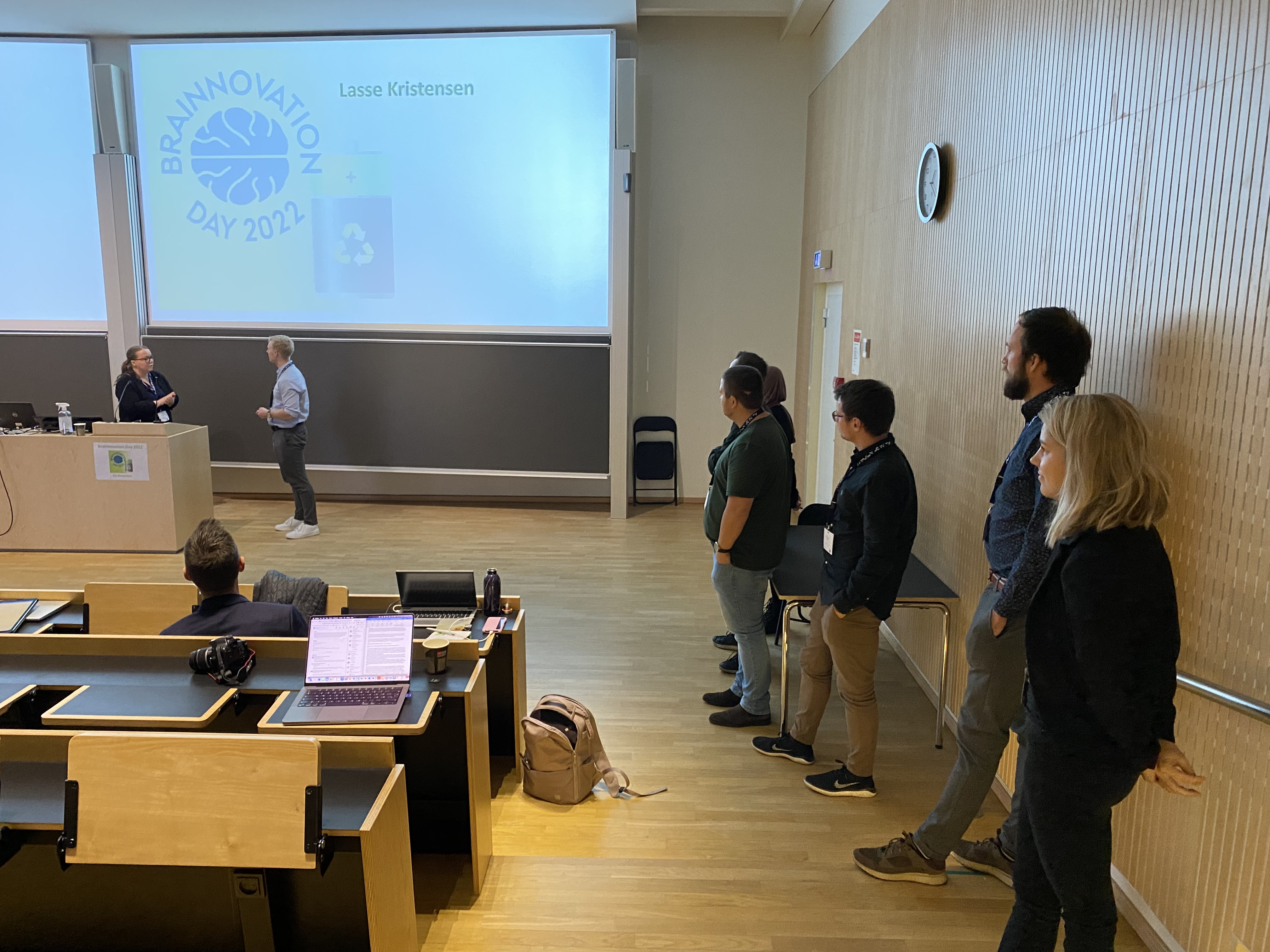How do we future-proof battery production?
The need for energy storage is increasing, but with the present technology, there are not enough resources to produce the necessary batteries. On November 16, 2022, industry and academia came together to discuss challenges in connection with battery materials and their recycling at the 8th Brainnovation Day at Aarhus University.




Batteries are an essential part of a great many devices in our everyday life. And the need for batteries will only be increasing due to the green transition within the transport sector with the production of, among other things, electric cars, electric buses and electric trucks. In fact, the demand for batteries is expected to increase 14-fold worldwide by 2030.
On November 16, 2022, the Interdisciplinary Nanoscience Center (iNANO) and the Department of Chemistry, once again invited the industry to Brainnovation Day. This year, the aim was to address the challenges related to resources for battery materials and recycling of batteries.
We must invent new materials and technologies
“The relevance of the discussion is greater than ever, both because the ministers of environment around EU recently have jointly adopted a new proposal to make the batteries of the future more sustainable, but also due to the imminent energy and critical raw materials crises,” as Professor Anja-Verena Mudring, one of the three co-organisers from Aarhus University, points out.
Her colleague Professor Dorthe B. Ravnsbæk stresses that: “In order to ensure that we have sufficient batteries to support the green transition, we need to solve the challenges related to raw material supplies and recycling. For this, we need to invent new materials and technologies.” She continues: “It is truly great to see academia and industry come together today, share ideas and discuss in a very open and constructive manner.”
The speed with which new technologies are developed must be increased
Representatives from both Volvo Group, Technological Institute, Haldor Topsøe, Stena Recycling and the Danish Ministry of Environment, among others, were gathered with researchers from University of Southern Denmark, Technological University of Denmark, Uppsala University and, of course, from Aarhus University. All with the common denominator of working with batteries.
Professor Tejs Vegge from DTU is heading the €20M project BIG-MAP, which is part of the large scale, long-term European research mission, BATTERY 2030+. He addressed the need for reinventing the way we invent the ultra-high-performance batteries of the future. The rapidly growing demand and increasing prices of battery resources call for a manyfold increase in the rate of discovery of new battery materials and interfaces.
Professor Torben R. Jensen concludes: “We need to improve battery sustainability as soon as possible. Hence, speeding up the process of improving the present technologies is essential. At the same time, we also need to think ahead and invent completely novel battery technologies for the future.”
The theme for next year’s Brainnovation Day will be announced mid-2023.
See the Brainnovation Day 2022 program via this link.
For further information, please contact:
Head of the Research Group for Intelligent Advanced Materials
Professor Anja-Verena Mudring
Department of Chemistry & iNANO
Email: anja-verena.mudring@chem.au.dk
Head of the Ravnsbæk Group - developing functional materials for sustainable batteries
Professor Dorthe B. Ravnsbæk
Department of Chemistry & iNANO
Email: dorthe@chem.au.dk
Head of Inorganic Nanomaterials Group
Professor Torben René Jensen
Department of Chemistry & iNANO
Email: trj@chem.au.dk